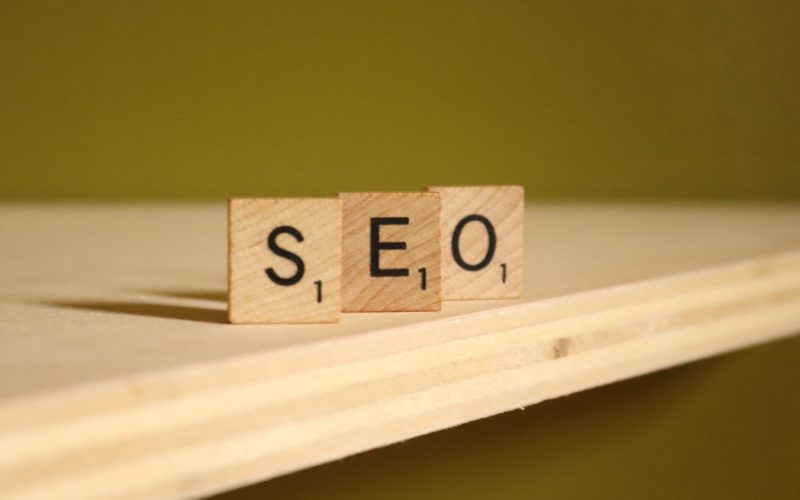So you’ve decided to work or start a business in Denmark. Excellent choice, if we might say so! With an extremely high quality of life – including beautiful cities and top rankings in healthcare, gender and LGBT+ equality – Denmark is an increasingly attractive place to do business, and a famously great place to live.
For all of these benefits, Denmark is a country with a distinct culture that can be difficult to adapt to, particularly if you are moving there from a non-European nation. Here’s a simple guide on everything you need to know about Denmark’s work culture, from how to present yourself and talk to your colleagues, to what will be expected of you as a boss or an employee.
Why businesses are flocking to Denmark
Denmark is one of the most prosperous and attractive countries in Europe. With its beautiful landscapes, long summer nights and temperate climate, Denmark shares many similarities with Scotland, which sits parallel to it in the North Sea. The biggest difference from a business perspective is its position at the heart of the European Union, and the benefits this offers in terms of funding, trade and freedom of movement.
Companies in Denmark benefit from high living standards, ample local and European talent, a stable business environment, low overheads and strong R&D funding. One of the most interesting sectors in Denmark is greentech, including research on renewable energy and energy efficiency. Denmark is frequently ranked as the best performing country on climate change, meeting its commitments under the Kyoto Protocol and lobbying for a reduction in fossil fuel usage.
Denmark’s high equality and openness to new ideas makes it an ideal place for female and minority entrepreneurs, as well as all manner of forward-thinking startups. As an employee, Denmark is the best country in the world for workers’ rights, and the world’s highest minimum wage, although neither seems to be impeding the success of businesses. The most famous is probably Lego, but companies like Trustpilot, Rokoko and IO Interactive represent the breadth of Danish tech talent.
How to negotiate Denmark’s work culture
Living and working in Denmark does mean adapting to Danish work culture. While some of this may be intuitive depending on the region you’re moving from (and how much Scandi noir you’ve watched), some aspects may be more unusual or challenging. Here is a brief rundown of the substantive differences between Denmark’s work culture and the culture elsewhere, and the dos and don’ts of working and starting a business in Denmark.
Act casual (with limits)
Compared to most countries, Denmark’s work culture is extremely relaxed. There is often no dress code other than looking presentable, and employees will often chat to each other in a relaxed manner. You can also expect to be called by your first name, and for there to be very few airs and graces about your job title. All of this can be extremely disorienting if you are from a country with a more formal and rigid work culture.
Of course, this relaxed attitude still has limits. A hoodie and jeans may be acceptable in some startup cultures, but a modicum of effort will be expected for many other workplaces. You also won’t find much leeway in terms of turning up on time, with punctuality being very highly valued. Companies in Denmark tend to go a long way to make their employees feel comfortable, but they expect a positive attitude to work in return.
Set your own schedule
Many Danish businesses were already flexible prior to the pandemic, but that trend has only been heightened by the need for remote working. As well as allowances for working from home, many businesses in Denmark are relaxed about how work is scheduled. Having acknowledged that people can’t be productive for 8 or 10 hours straight, the important thing is that work is finished on time, not that you appear to spend a lot of time on it.
With an average working week of 37 hours in Denmark, companies view productivity as something that’s enabled by a strong work-life balance. In allowing employees to schedule their hours on a flexible basis, and work from a location that suits them, Danish businesses trust employees to plan their work effectively, and use their most productive hours to achieve the tasks at hand.
Don’t take yourself seriously
Humour is a tenet of Denmark’s work culture, but it might not be humour as you know it. Danish people tend to be very self-effacing, and any egos that get out of hand are quickly skewered. This is perhaps best exemplified by the custom of buying a colleague a kvajebajer (failure beer) or kvajekage (failure cake) when they mess something up at work – a way of both poking fun at them and showing that it isn’t the end of the world.
If you’re used to more overt or raucous kinds of humour, or a more reverential atmosphere, this aspect of Denmark’s work culture can catch you off guard. At worst, Danish humour might appear to be sarcastic to the point of being standoffish, or even nasty. This is rarely how it’s intended, though, so don’t be afraid to ask if you don’t get the joke – and be sure to share the failure cake if it’s offered.
Make yourself heard
While Danes aren’t always the most vocal and outgoing people, they can be quite direct. In a business context, this means making yourself heard, whatever your rank and station. Leadership structures in Denmark tend to be very flat, and the ideas of managers and other people in leadership positions aren’t immediately more valuable or important than those of other employees. If anything, leaders rely on their employees to speak up when they have a bad idea, and prevent them from making costly mistakes.
Whether you’re in a meeting or a less formal setting, don’t be afraid to speak up and contribute to the discussion, or to accept these contributions as the business owner. There is an expectation that employees in Denmark will prepare for meetings and think about the issues at hand, and use their knowledge to better inform key decisions. Not doing so will make you stand out more than making a contribution that people disagree with.
⸻
Denmark is one of Europe’s most exciting business destinations, and an ideal place to start a business if you have the opportunity. We hope that the tips above will ease your transition into Denmark’s work culture, and help make your career and business a success. With luck, you won’t be getting a failure cake any time soon – but if you do, you won’t be too worried.
⸻

Katya Puyraud is the co-owner of Euro Start Entreprises, and an expert in helping entrepreneurs to start a business in France. Euro Start Entreprises have 15 years’ experience helping to start and expand businesses in over 30 countries worldwide.












